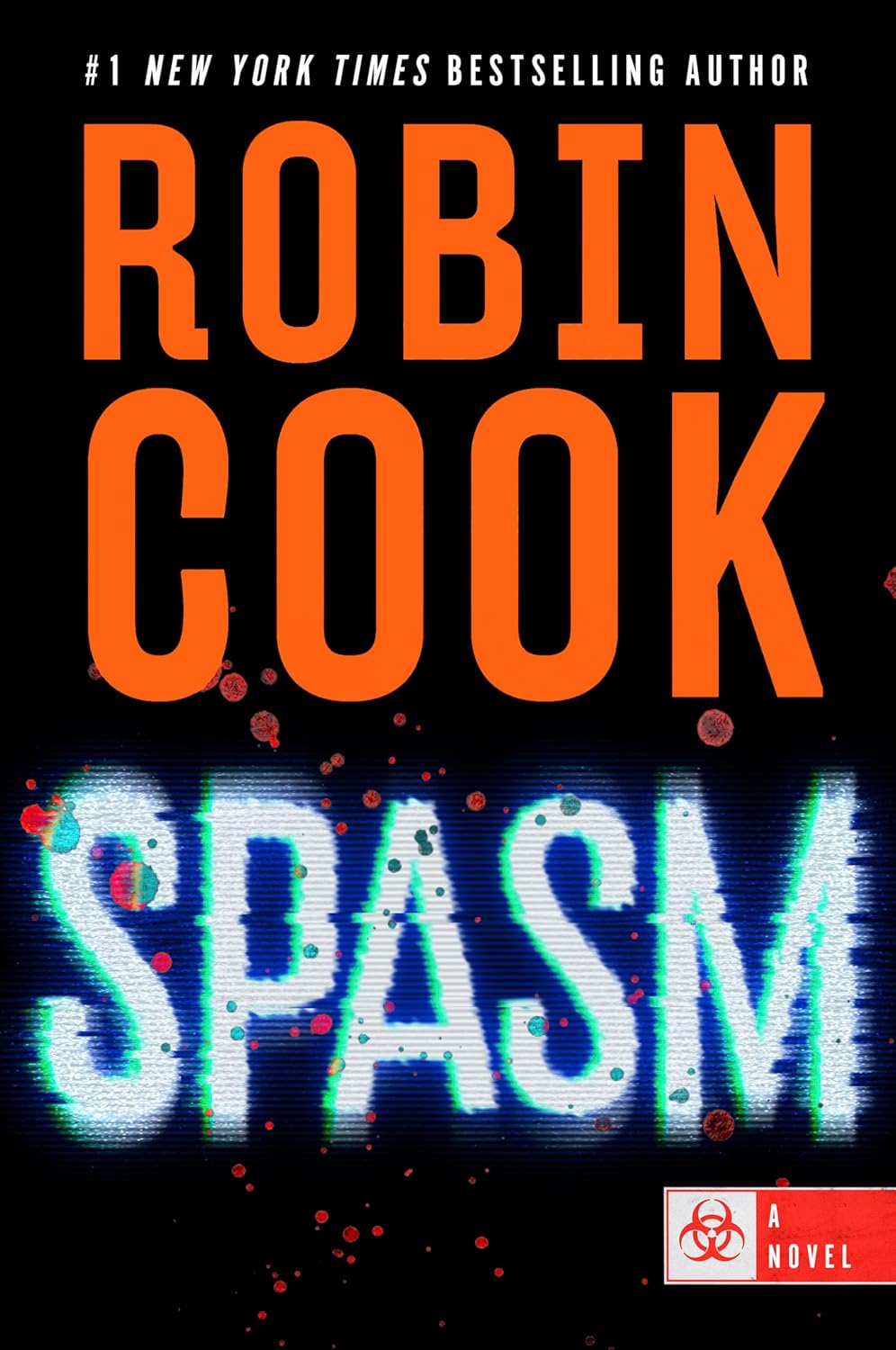Press
COVERAGE FOR CELL
Read Robin Cook's Wall Street Journal Op-Ed
(subscription required)
Interviews with Robin Cook:
CBS This Morning | Medscape | Suspense Magazine
INTERVIEWS
- A Conversation with Robin Cook, author of Cure
- What a shock: Robin Cook fuses stem cells with a suspenseful tale —Jay McDonald
- How one NYT bestseller does it —CJ Lyons
- A day in the life of Robin Cook —Isabel Collins
A CONVERSATION WITH ROBIN COOK, AUTHOR OF CURE
Medical patents are at the center of the new book. What led you to this topic?
It is my belief along with many other people that medical process patents, or patents involving natural biological processes or compounds like DNA, should not be patented as they are discovered and not made by man, such as natural DNA sequences. The major justification of patents is to encourage innovation, particularly by helping to make the transition from basic science to products, but in the case of medical process patents, which the USA has been granting at a rapid rate often in contrast to the rest of the world, the opposite seems to be happening, by restricting and hampering rather than encouraging additional research. Also, the patents, by allowing the patent holders to control costs of the products, cause the products to be beyond the reach of a large segment of the public and increase rather than decrease the cost of medical care: example is the BRCA genes for estimating breast cancer risk.
As a medical professional, how have you seen the medical patent system evolve, and how has it changed the way medical research is handled in America?
As noted above, medical process patents are not doing what they are supposed to be doing, i.e. they are not stimulating research.
Cure focuses on companies who profit from pluripotent stem cell (iPS) research. What is your take on the social and ethical challenges surrounding stem cell research, and what are some of the benefits and drawbacks to using iPS cells as an alternative?
The major benefits of iPS cells are that they are easier to produce than embryonic cells, will have the same genetic marks as the patient when used to treat degenerative diseases, and they avoid the contentious source of embryonic stem cells (i.e. embryos).
Do you expect that the new health care legislation will have an effect on how the medical patent system operates?
The new healthcare legislation will have to find methods of lowering the cost of medical care if it is to succeed. Medical process patents were not supposed to have been granted. I believe there will be increased legal pressure to invalidate many of these patents, particularly in the arena of genetics, which I believe is the future of medicine.
Did you travel to Japan as part of your research for this book?
I did indeed travel to Japan as part of the research for Cure, as I believe is evidenced by the first few chapters in terms of their descriptive aspects. My research was centered in Tokyo and Kyoto.
The villains in Cure are members of prominent crime organizations based both in New York and Japan. What qualities do these groups have that make them perfect bad guys for this story? What are the similarities and differences between the American Mafia and Japanese Yakuza?
One of the recurrent themes in most of my books is the unfortunate association between business and medicine, and the progressive convergence of their ultimate goals on the side of business. Business is a trade, which continually strives to make money whereas medicine (and biotechnology as an offspring) is supposed to be a profession that takes care of people or who makes products that help in that regard. In Cure, the fact that the biotech company involved is willing to take dirty money (mob money) is indicative of the industry's often lack of ethics in their goal of making money.
During my research for Cure, I was surprised to learn of the relationship between the yakusa and the Japanese culture and the Japanese government. In contrast to the mafia, which is mostly despised and feared in American culture (except as a source of movie adaptations), the yakusa are tolerated and are thought to play a useful role in society. They are also thought to be a good source of movie ideas.
Aside from the automatic weapons used by the Vaccarro family and the Yakuza, chemical-based weaponry, like ricen, tetrodotoxin, and drugs like Versed are also employed throughout CURE. What are the effects of these sorts of chemicals and have there been any real-world cases of them being used to perpetrate attacks? How easy would it be for a criminal to get his hands on these sorts of chemicals?
As mentioned in Cure there have been actual episodes of such weapons being used. In particular I mention a specific case of the Soviet use of a weaponized umbrella to deliver a fatal dose of tetrodotoxin. Such poisons are not difficult to obtain in the United States or on the world market.
Why did you decide to place Laurie Montgomery at the forefront of this book instead of Jack Stapleton?
In my last book, Intervention, Jack Stapleton took center stage, so it was Laurie's turn. I was also interested in highlighting the issue of how it can be difficult for a woman to return to her previous work position after an extended maternity leave.
This isn't the first time you've written about the intrusion of business into the medical world, and the often-times negative outcome of that intersection. Are there reasons to be optimistic about this relationship, or is the state of affairs only getting worse?
Unfortunately I am not optimistic about the unfortunate marriage of medicine and business getting better. In fact, I see it getting worse since medicine, in many ways, absolved itself from the issue of costs by ignoring it completely. American doctors have never been interested in costs to the extent that it was essentially ignored during their training until recently. Over the last decade or so their has been some inclusion of costs in medical curricula, but it has been spotty at best. I think the medical profession has itself to blame in this regard. Now it is the business side, or administration side that has to carry the ball as cost containment is going to be the biggest challenge.
What thoughts or ideas do you hope your readers will take away from this new book?
First of all I hope they have a fun summer read capable of being engrossing enough to be taken to the beach!!! Second of all I want them to learn about induced pluripotent stem cells, a true miracle that erupted on the world stage four years ago, but is unknown to most people. These cells are going to revolutionize medicine in the near future by providing the basis for regenerative medicine, and perhaps be the biggest, medical break-through of all time. Regenerative medicine is going to put in the hands of doctors the opportunity to cure many of the major diseases that plague patients rather than just relieve their symptoms. And third of all I want my readers to think about the medical- process patenting situation and give their elected representatives a call to encourage them to reaffirm the fact that the patent office should make it a point to limit such patents.


